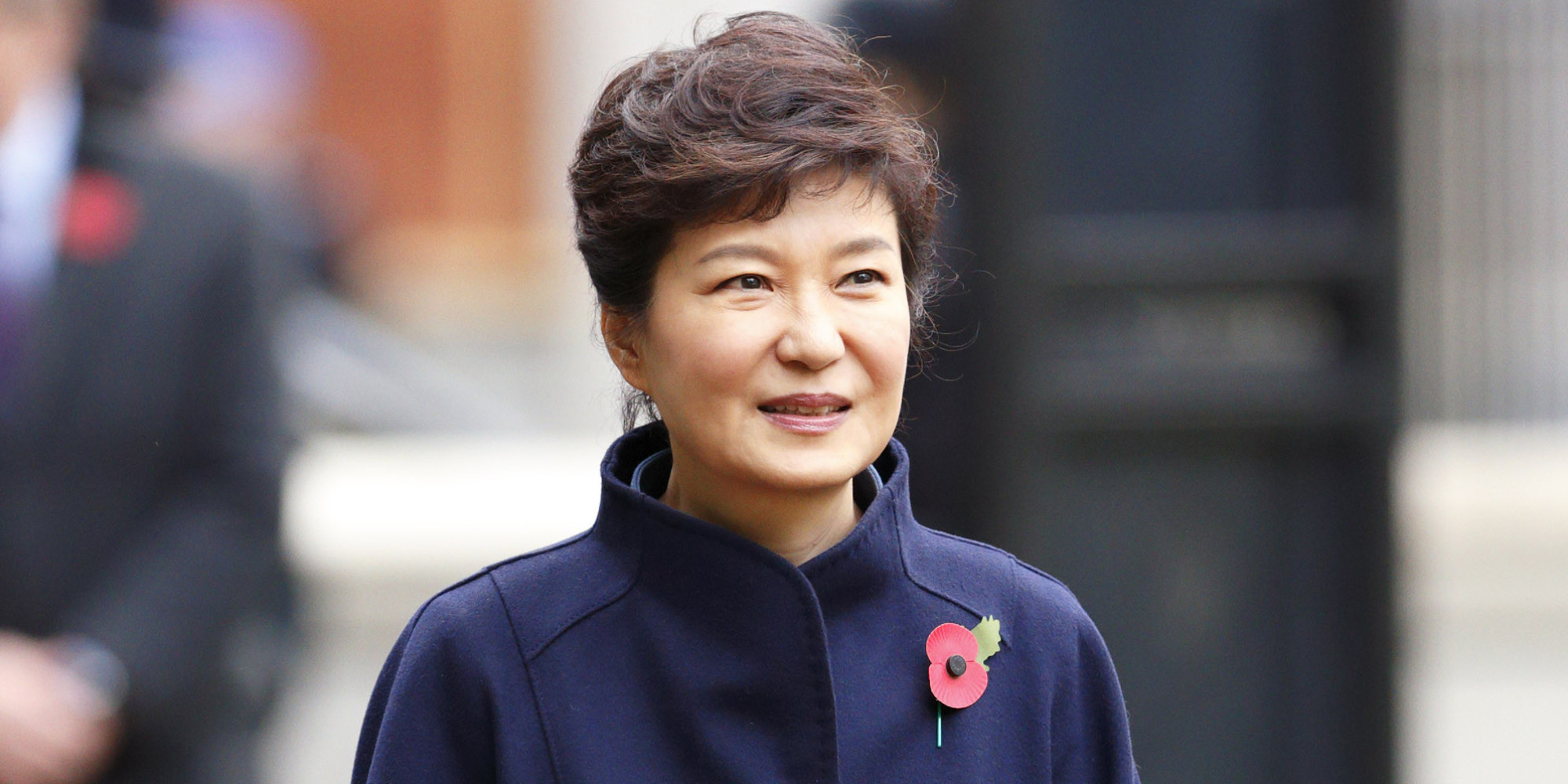SEOUL, Nov. 3 (Xinhua) -- South Korean President Park Geun-hye on Thursday appointed her new secretarial staff, including presidential chief of staff and secretary on political affairs, amid rising opposition to her cabinet reshuffle to form a politically-neutral government.
Han Gwang-ok, former four-term lawmaker who served as presidential chief of staff under the 1998-2002 Kim Dae-jung administration, was appointed as new presidential chief of staff, Park's office said.
The 74-year-old joined Park's presidential election camp in 2012, helping her elected as the country's first female president. Under the Park Geun-hye government, he has served as the chairman of the Presidential Committee for National Cohesion.
Hur Won-je, a former journalist-turned-politician, was appointed as new senior presidential secretary on political affairs. He worked as vice chairman of the Korea Communications Commission, the nation's telecom watchdog, under the Park administration.
The follow-up reshuffle in the presidential staff came amid rising public furor over a scandal surrounding Choi Soon-sil, a longtime confidante of President Park who is suspected of peddling undue influence and meddling in state affairs behind the scenes.
Prosecutors requested an official arrest warrant for Choi, who has been placed under an emergency detention since she appeared in the prosecutors' office for questioning Monday. Choi has denied all of her alleged charges, including her illicit access to presidential documents and her attempt to privatize two nonprofit foundations.
Tens of thousands of protesters took to the streets on Saturday night, demanding President Park step down or be impeached. A candlelight rally has since been held every night in capital Seoul and other major cities. The second large-scale rally in central Seoul this Saturday is expected to gather about 30,000 to 40,000 people.
Park's attempt to appease public anger through personnel reshuffle appeared to have failed as both opposition and part of ruling party lawmakers criticized the president for lack of communications in the new appointments.
Rival parties have called for forming a grand-coalition government by appointing a politically-neutral prime minister, proposed through an agreement in the parliament, and letting him choose cabinet members.
However, President Park named a new prime minister on Wednesday without any advance notice to the National Assembly or consultations even with the ruling party members, causing harsh criticism on Park's unilateral appointment.
Kim Byong-joon, former senior presidential policy secretary under the 2003-2007 Roh Moo-hyun administration, was appointed as new prime minister.
Two key posts in the presidential office and the cabinet were given to political figures in the opposition bloc, but three opposition parties agreed to boycott parliamentary hearing that is required for the new prime minister to take office.
Part of the ruling Saenuri Party members, especially non-President Park faction legislators, has called on all of the party leadership to resign to take responsibility for the political crisis. Both ruling and opposition parties demanded the retraction of the prime minister appointment.
President Park accepted resignations of her eight secretaries, including three close aides who have assisted Park since she entered politics in 1998, on Sunday. Prime Minister Hwang Kyo-ahn stepped down as his alternative was newly named.
Power vacuum, caused by the biggest challenge for Park who has 16 months left in office, triggered concerns about a possible disruption in state management, including diplomatic, defense and economic affairs.
